energy (n)
/ˈen.ɚ.dʒi/
năng lượng
a source of power, such as fuel, used for driving machines, providing heat, etc.

waste (v)
/weɪst/
lãng phí
to use too much of something or use something badly when there is a limited amount of it

non-renewable (a)
/ˌnɑːn.rɪˈnuː.ə.bl̩/
không thể tái tạo
existing in limited quantities that cannot be replaced after they have all been used
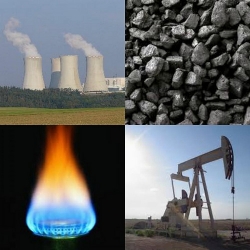
coal (n)
/koʊl/
than đá
a hard black substance that is dug from the ground and burned as fuel to provide heat

petroleum (n)
/pəˈtroʊ.li.əm/
xăng dầu
oil found under the ground or under the bottom of the sea and used for making petrol for cars and chemical products

crude oil (n)
/kruːd ɔɪl/
dầu thô
oil that is still in its natural state and has not yet been refined for use by chemical processes
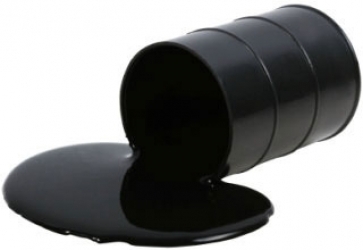
resource (n)
/ˈriː.sɔːrs/
nguồn, tài nguyên
a useful or valuable possession or quality of a country, organization, or person

wind energy (noun phrase)
/wɪndˈen.ɚ.dʒi/
năng lượng gió
energy that uses the power of the wind to produce electricity
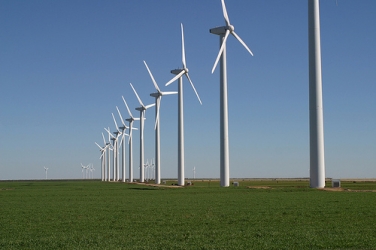
water energy (noun phrase)
/ˈwɑː.t̬ɚ en.ɚ.dʒi/
năng lượng nước
energy that uses the power of the water to produce electricity

solar energy (n)
/ˈsoʊ.lɚˈen.ɚ.dʒi/
năng lượng mặt trời
energy that uses the power of the sun to produce electricity
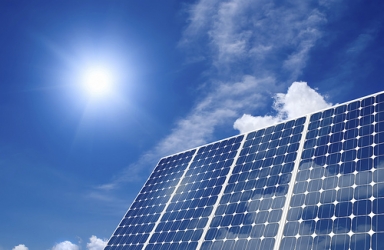
nuclear energy (n)
/ˈnuː.kliː.ɚˈen.ɚ.dʒi/
năng lượng hạt nhân
a powerful form of energy produced by splitting the nuclei (= central parts) of atoms, it is used to produce electricity
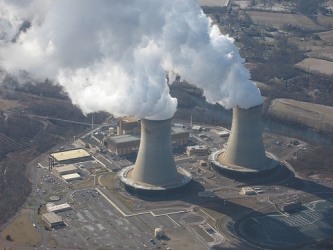
hydro energy (noun phrase)
/haɪ.droʊˈen.ɚ.dʒi/
năng lượng thủy điện
producing electricity by the force of fast moving water such as rivers or waterfalls
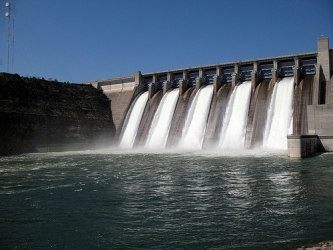
geothermal energy (noun phrase)
/ˌdʒiː.oʊˈθɝː.məl ˈen.ɚ.dʒi/
năng lượng địa nhiệt
power produced by the heat inside the Earth
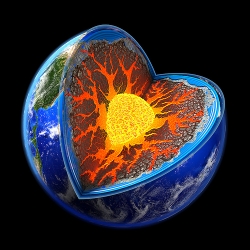
fossil fuel (n)
/ˈfɑː.səl fjʊəl/
nhiên liệu hóa thạch
gas, coal, and oil, that were formed underground from plant and animal remains millions of years ago
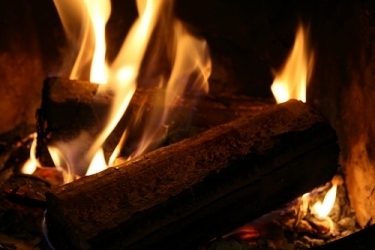
renewable (a)
/rɪˈnuːː.ə.bl̩/
có thể tái tạo
describes a form of energy that can be produced as quickly as it is used











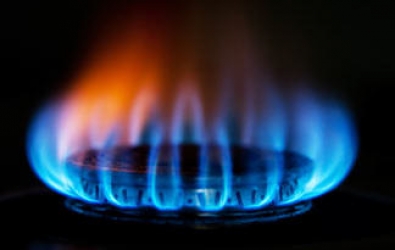


















 Hãy đăng ký thành viên và đăng nhập để sử dụng chức năng này!
Hãy đăng ký thành viên và đăng nhập để sử dụng chức năng này!
Bình luận